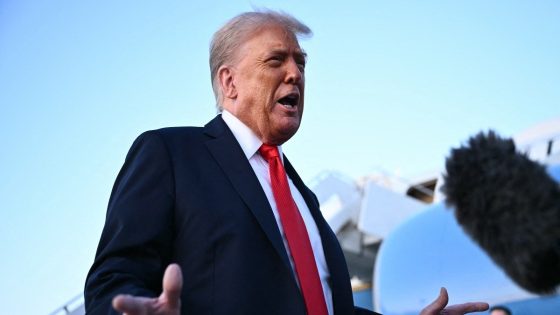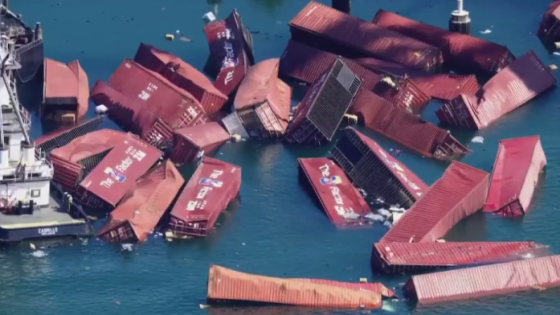US President Donald Trump has urged NATO and EU countries to impose tariffs of up to 100% on China and India to pressure Russia into ending the Ukraine war. He made this call during a meeting with US and EU officials, aiming to accelerate peace talks between Moscow and Kyiv. Trump also suggested that higher tariffs on China could weaken Beijing’s support for Russia, as part of broader sanctions he’s pushing for.
- Trump urges NATO, EU tariffs on China, India
- China and India heavily buy Russian oil
- Europe’s energy dependence on Russia decreasing
- US-Turkey, China, India trade relations discussed
- Legal challenges to Trump’s tariffs at US courts
Trump’s request follows US Treasury Secretary Scott Bessent’s comments about preparing tighter sanctions on Russia, needing European backing. Trump posted on Truth Social that he’s ready for major sanctions on Russia once allies agree. He also believes tariffs on China could reduce Beijing’s influence over Russia’s economy. China and India are major buyers of Russian oil, importing 109 million and 88 million tonnes respectively in 2024. Trump recently added tariffs on India but has held back on similar measures against China, aiming to avoid disrupting global trade. He asked NATO to impose 50-100% tariffs on China to weaken its support for Russia, hoping this would help end the war.
- China bought 20% of its energy from Russia in 2024, heavily supporting Moscow’s economy.
- Europe’s reliance on Russian energy has decreased from 45% to 13% since 2022, but more action is needed.
- European trade with China is significant, with a 732 billion euro volume in 2024, mainly in electronics and manufacturing.
- EU countries are cautious about unilateral tariffs, fearing economic harm, despite some support for targeted measures.
Meanwhile, China denies involvement in conflicts, stating war doesn’t solve problems. US and Chinese officials will meet soon to de-escalate trade tensions. Trump also plans to discuss trade negotiations with India’s Prime Minister Modi, who expressed optimism about reaching an agreement. The situation highlights ongoing tensions and the potential for economic measures to influence geopolitical conflicts, as of 2025-09-16 04:59:00.










